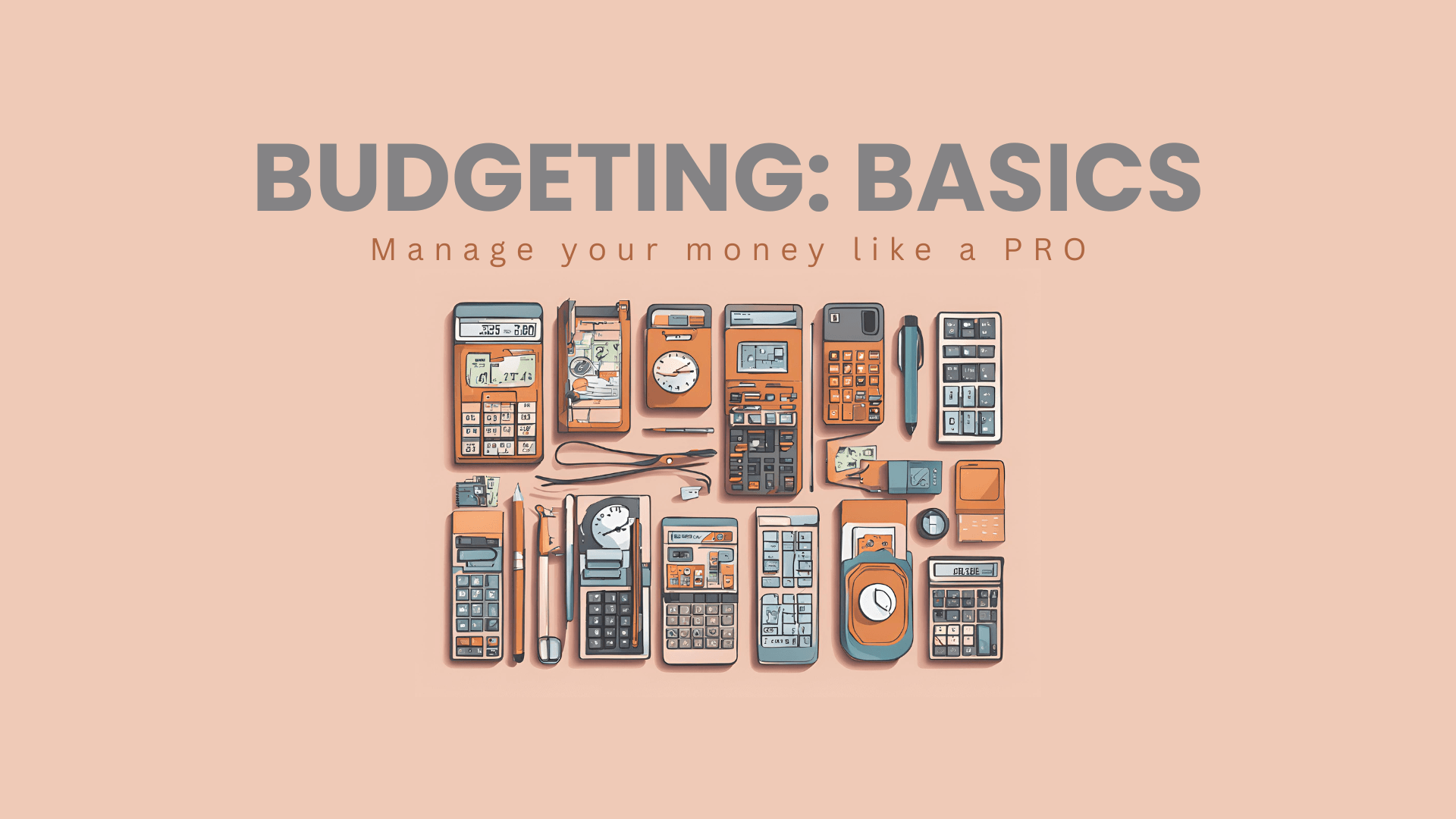Budgeting is a simple and effective way to manage your money. It helps you understand your income, control your spending, and save for the future. If you’re new to budgeting, don’t worry! Here’s an easy guide to get you started.


What is Budgeting?
Budgeting means creating a plan for how to spend and save your money. It shows you where your money comes from and where it goes, helping you stay in control of your finances.
Why is Budgeting Important?
Budgeting is important because it helps you:
- Avoid overspending.
- Save for your goals, like a vacation or emergency fund.
- Pay off debt faster.
- Reduce financial stress by knowing exactly where your money is going.
Steps to Start Budgeting
1. Know Your Income
First, figure out how much money you make every month. Include your salary, freelance income, or any other earnings. Use the amount you take home after taxes.
2. Track Your Spending
Write down everything you spend money on for a month. This includes rent, groceries, bills, and even small purchases like coffee. Group these into categories, such as essentials (needs) and non-essentials (wants).
3. Set Your Goals
Decide what you want to achieve with your budget. Your goals could be saving for a new phone, paying off a loan, or building an emergency fund. Start with small, realistic goals that motivate you.
4. Pick a Budgeting Method
Choose a budgeting system that works for you:
- 50/30/20 Rule: Spend 50% of your income on needs, 30% on wants, and save 20%.
- Zero-Based Budget: Assign every dollar a purpose, so your income minus expenses equals zero.
- Envelope System: Use cash and allocate it to envelopes for specific categories like food, bills, or entertainment.
5. Create Your Budget
Use your income and spending information to create a simple monthly budget. Cut back on non-essential expenses if needed to make room for savings or debt payments.
6. Review and Adjust Regularly
Check your budget every month to see how you’re doing. Adjust it if your income or expenses change. It’s okay to make mistakes as you learn—it’s all part of the process!
Tips to Make Budgeting Easier
- Start small by focusing on one goal at a time.
- Use a budgeting app or a notebook to keep track of your money.
- Automate savings by setting up a direct deposit to your savings account.
- Avoid impulse purchases by waiting 24 hours before buying something unplanned.
- Reward yourself occasionally to stay motivated.
Challenges Beginners Face and How to Overcome Them
- If your income changes, base your budget on the lowest amount you expect to earn.
- For unexpected expenses, set aside a little money each month for emergencies.
- If you find it hard to stick to your budget, review it weekly and make adjustments.
Conclusion
Budgeting doesn’t have to be complicated. Start by understanding your income and expenses, and set small goals that you can achieve. Over time, you’ll gain better control of your finances and feel more confident about your money.
Take your first step today, and remember—every small effort adds up to big financial success!




